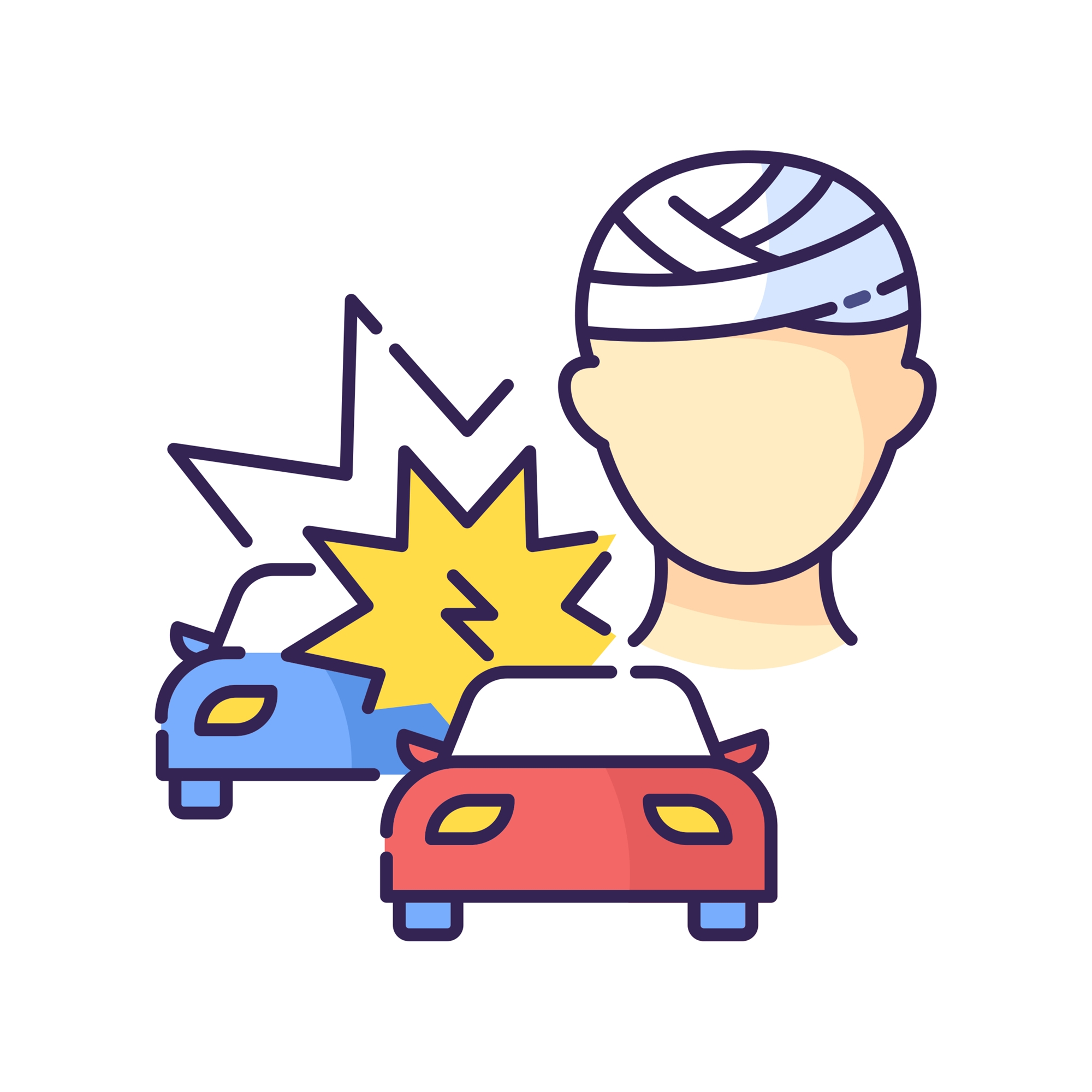Text Division of Chinese Acupuncture Medicine, Physician Che-Pin Chang
What is the role of Traditional Chinese Medicine in the team?
- Western medicine team will be assisted to improve the post-injury and post-operative discomfort with assistance in recovery.
- Providing acupuncture and Chinese medicine treatment for patients with brain injury.
- Providing families and patients with health education in Chinese medicine, including prohibitions in food and drink, and massage on acupuncture points.
How can traditional Chinese medicine help patients with brain injury?
Acute Phase
- Early intervention can improve hydrocephalus, speed up conscious recovery of patient, and improve comma scale.
- Improve gastrointestinal function and help excrement after traumatic brain injury.
- Assist with muscle recovery and articulate with habilitation treatment.
- Reduce risk of critical illness and the days of hospitalization.
Chronic Stage
- Reduce the headache and dizziness after brain injury.
- Improve the sleeping quality for patients with posttraumatic stress disorder.
- Improve the cognitive function, and reduce the risks of dementia and cerebral stroke after brain injury.
How can patients use resources in traditional Chinese medicine?
- Patients who require Chinese medicine treatment during hospitalization may submit the request for consultation with Chinese medicine to the attending physician or western medicine or team members. The patients may appoint a physician or the physician on shift that month, if the family does not appoint one.
- The neurosurgeon will prescribe consultation sheet if he/she believes that the patient is suitable for consultation, and the Chinese medicine physician will visit in 24 hours after receiving the consultation sheet and start the treatment.
- The Chinese medicine physician expects to determine the syndromes through performing the four diagnostic method, including observation by looking, listening and smelling, questioning, and pulse reading and palpation, incorporated with tongue examination and pulse examination to draft the treatment guidelines for acupuncture, Chinese herbal medicine and other treatment.
How is the traditional Chinese medicine consultation charged?
According to Assistive Medical Treatment Project for Hospitalized Patients under Western Medicine of National Health Insurance with Specific Disease, patients with craniocerebral injury shall meet the classification code of specific diseases for hospitalization diagnosis. In-hospital patients in 6 months from the date of diagnosis shall be reimbursed by the National Health Insurance with treatment expenses during hospitalization.
|
Acupuncture
|
Chinese Medicine Powder
|
Chinese Medicine Decoction
|
|
At least 6 times a week.
Copayment reimbursement of NT50 per session per day
NT600 per acupuncture session at own expense
|
Copayment reimbursement of NT200 per week.
Can be prepared into liquid medicine poured onto the nasogastric tube.
|
No reimbursement made by National Health Insurance Bureau, self-paid, medicine decocted by the Chinese Medicine Pharmacy. According to the type of medicine and usage, approximately NT300~NT500 per day.
|
Procedures for Traditional Chinese Medicine Consultation
|
Traumatic
Brain Injury
|
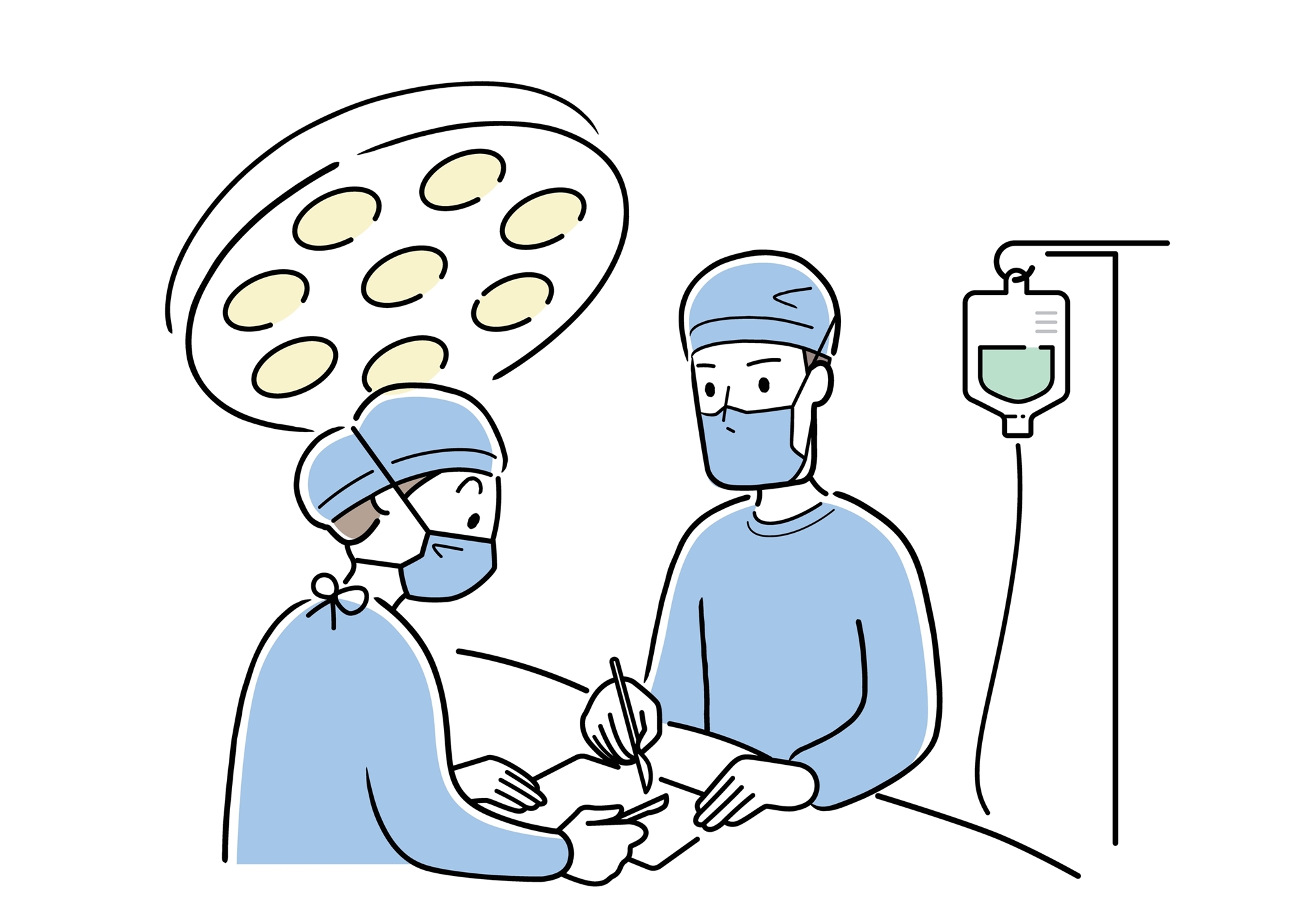 Surgery or in-hospital observation
|
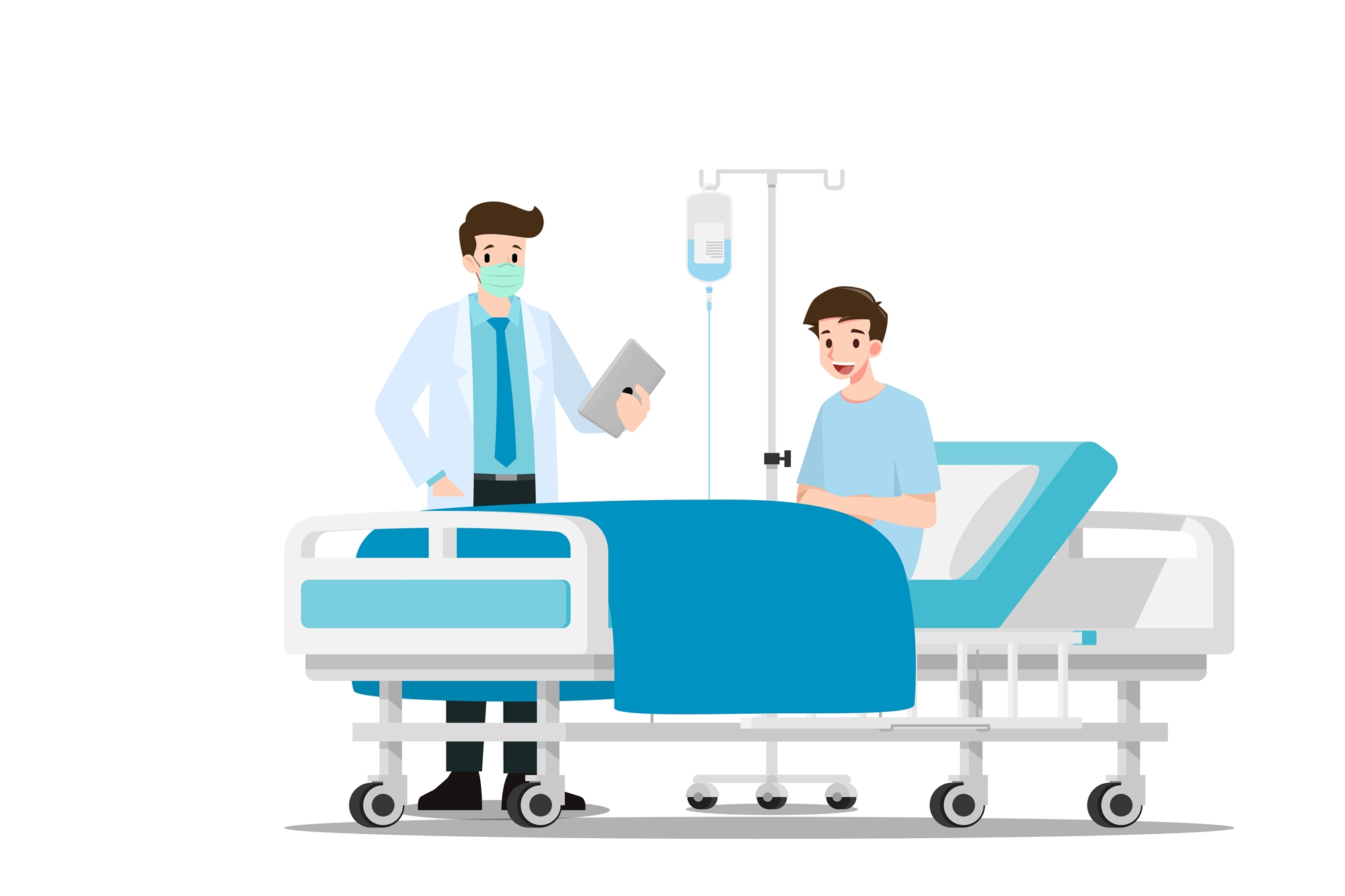 Consultation with Chinese Medicine after stabilization
|
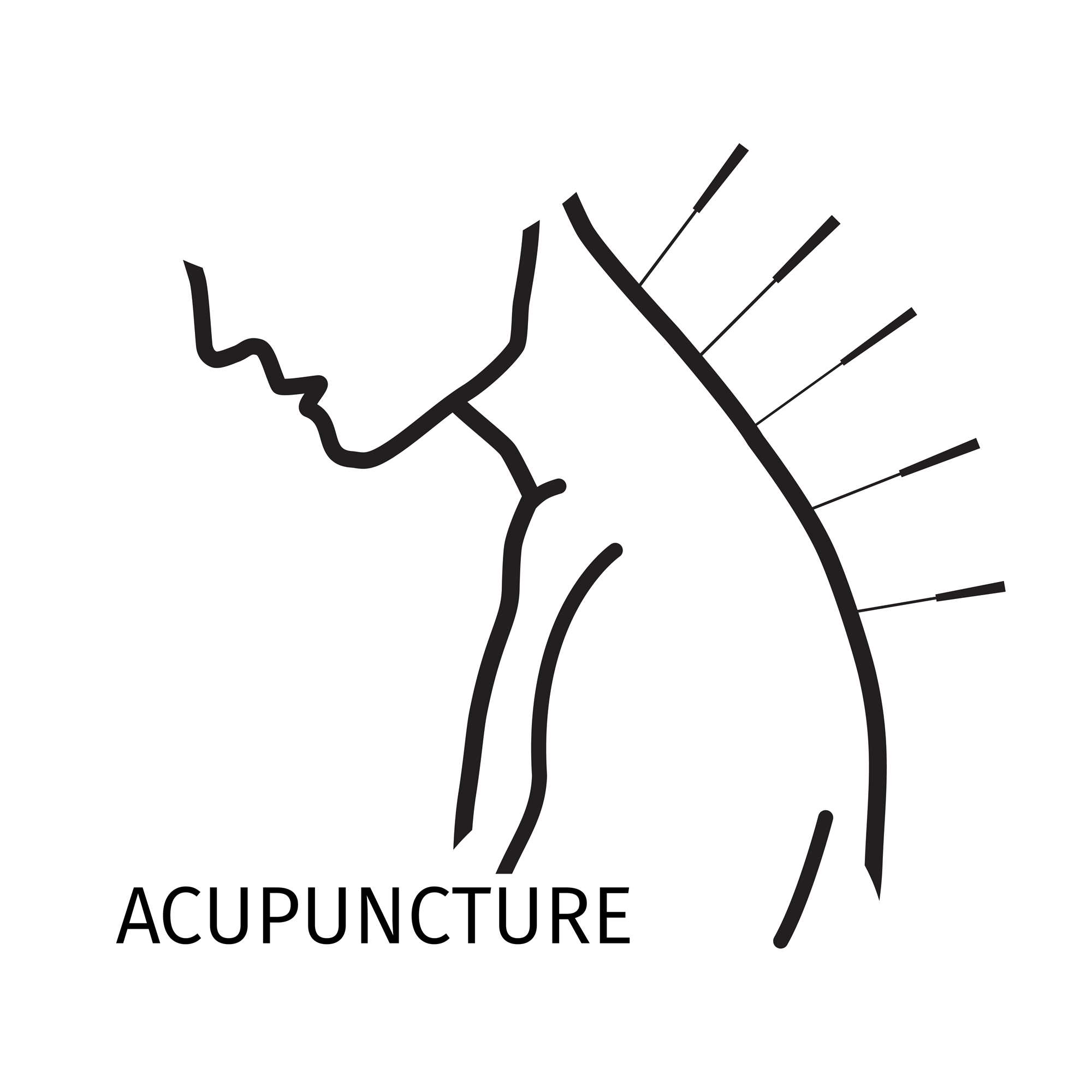 Acupuncture or medicinal treatment
|
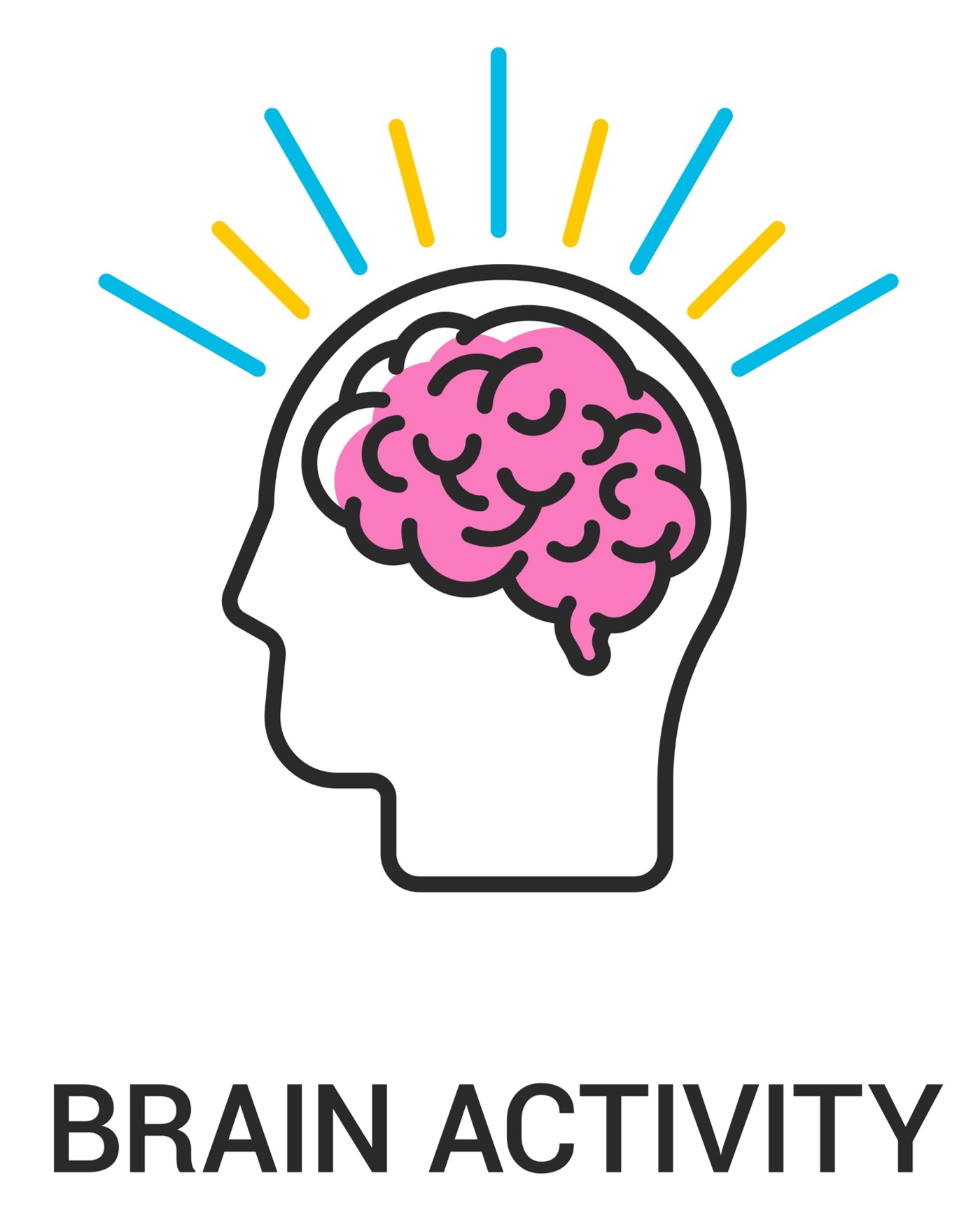 Speeding up recovery of brain injury
|
Introduction to Common Chinese Medicine for Brain injury
Patients with brain injury often suffer from edema and anoxia in brain tissues, and resulting in low functionality. Hematoma, bruising and metabolites generated by hemorrhage also impede cerebral circulation and metabolism, or resulting in partial inflammation with syndromes of weak vitality, phlegm retention, blood stasis, and clearing stagnated heat. The introduction to Chinese herbal medicine used for brain injury can help you understand how Chinese medicine physicians treat brain injury. However, due to the variation in clinical patterns and personal physique may differ, the treatment is still subject to the diagnosis and principles of treatment adopted by your attending physician and the prescription provided.
|
Chinese Herbal Medicine
|
Mechanism of Medication
|
Simple Description
|
|
Ginseng
|
Replenishing vitality
|
Traumatic injury often causes consumption of vitality. Ginseng replenishes vitality with complements to the five inner organs, stabilizing the spirit, calming down the soul, and stopping the shocks. Ginseng is often used for the vitality deficiency from brain injury or post-operative recovery period.
|
|
Astragalus
|
Boosting vitality
|
Astragalus invigorating spleen and replenish qi, improve qi, diuretics, and heave dosage can improve hydrocephalus, which repairs the brain cells and improve the fatigue sensation caused by weak qi.
|
|
Tall Gastrodia
|
Calming and relieving fainting
|
Tall Gastrodiae is often used for dizziness and headache, which lowers vascular resistance, lowers pressure and sedates. For patients of brain injury with previously higher blood pressure and subsiding yang, or patients of dizziness with anemogenous phlegm, Tall Gastrodiae can help improve the symptoms.
|
|
Sanchi
|
Promoting blood circulation and removing blood stasis
|
Sanchi comes with special blood circulation and hemostasis function, which can be used in patients with hemorrhage and stasis. The hemostasis stops bleeding without leaving bruises, and promotes blood circulation without injury.
|
|
Root of Siberian Milkwort
|
Relieving mental stress, expectorant and enlightening
|
Root of Siberian Milkwort comes with senegenin with sedative, sleep-aid, and anticonvulsant function, featuring mind-easing, calming, benefit in wisdom and nine body orifices.
Helping post-operative dysphoria and insomnia.
|
|
Grassleaf Sweelflag Rhizome
|
Removing dampness to restore normal functioning of the stomach, brain awakening and enlightening
|
Grassleaf Sweelflag Rhizome contains many volatile oils with sedating and promotion of secreting digestive juice, which can be used to treat phlegm-dampness and delirious blocking of clear orifice. The effective ingredient α-Asarone is beneficial for epilepsy.
|
Instruction of Massage on Acupuncture Points for Common Symptoms of Brain Injury
Patients with mild traumatic brain injury sometimes do not need to be hospitalized but may experience temporary sequelae often due to mechanism of injury. The following explains some common symptoms and ways of self-acupuncture point massage. The following acupuncture points are provided for use in health education. If the symptoms could not be relieved, consult with your Chinese medicine doctor. Only the diagnosis and treatment conducted by the physician will benefit your recovery.
|
Symptoms
|
Simple Description
|
Recommended Acupuncture Points for Massage
|
|
|
Dizziness, Nausea, Vomiting
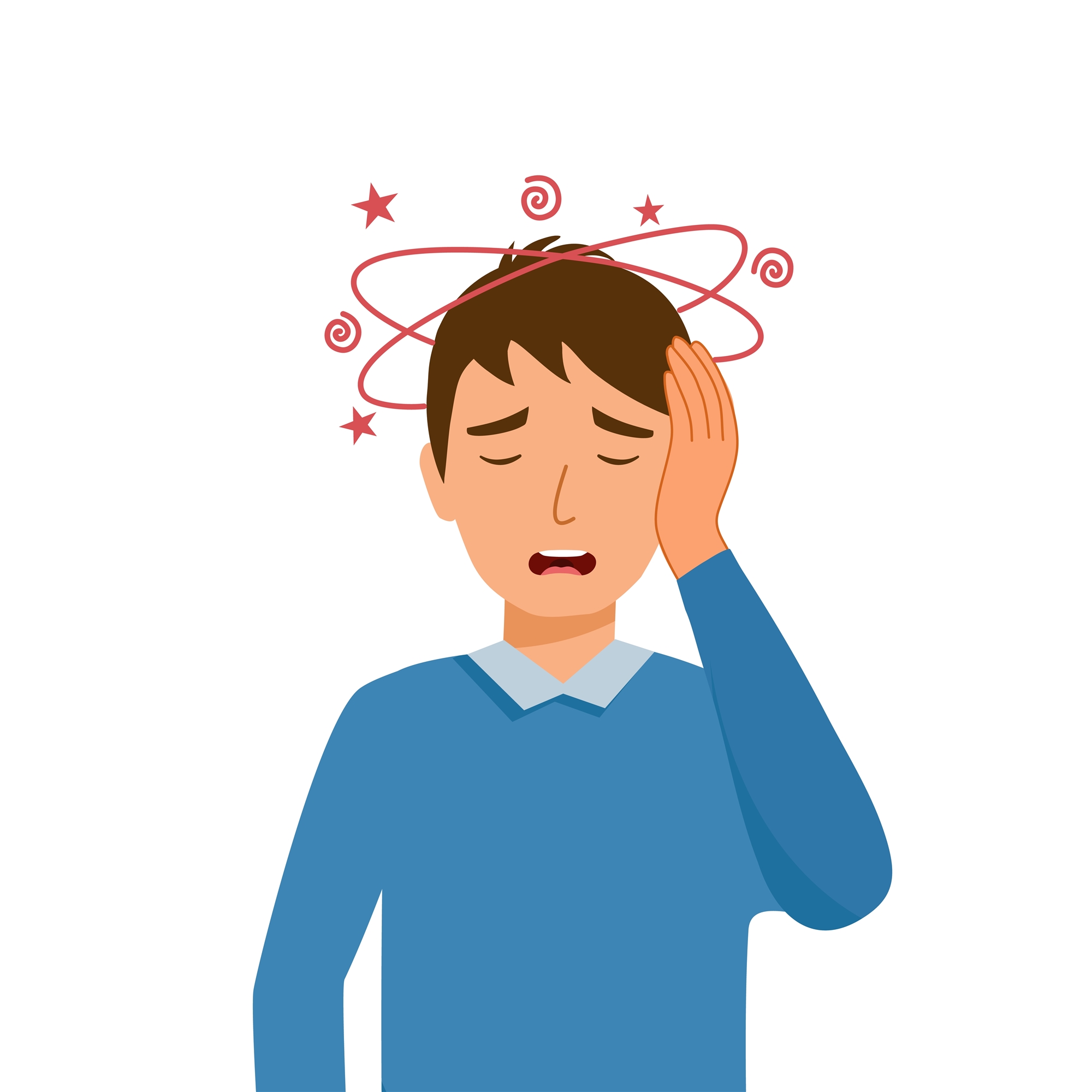 |
Brain injury induced tissue edema, rising brain pressure, and the impact when inner ear balance and organs are injured.
|
Neiguan - Inner Pass
|
Shuaigu
|
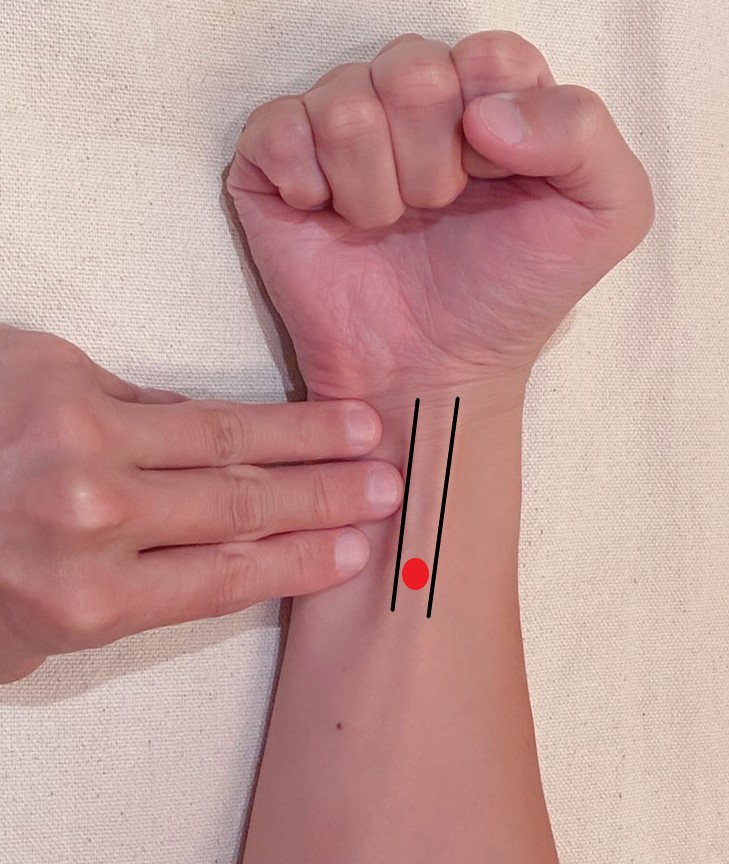 Between the two tendons of the wrist while griping, three finger-wide from the wrist.
|
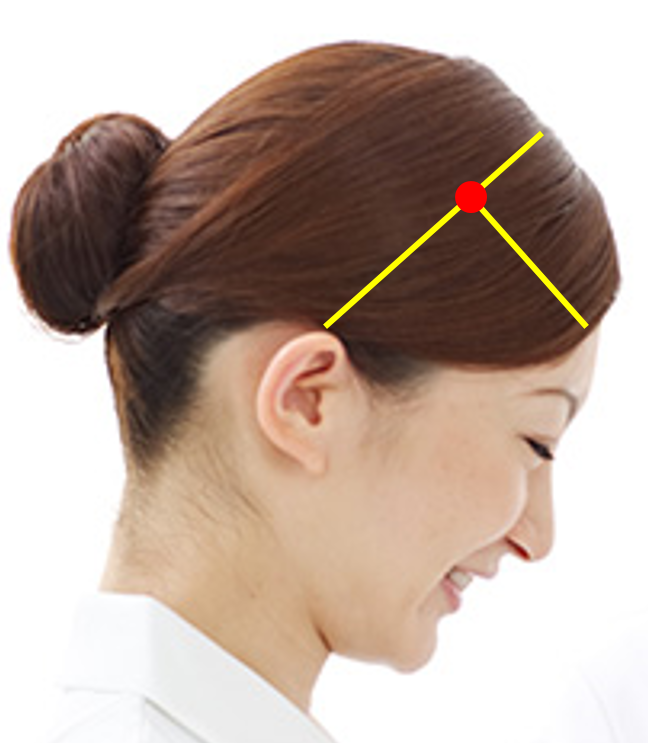 Straight from the tip of the ear, approximately half height from the root of the hair to the eyebrow.
|
||
|
Headache
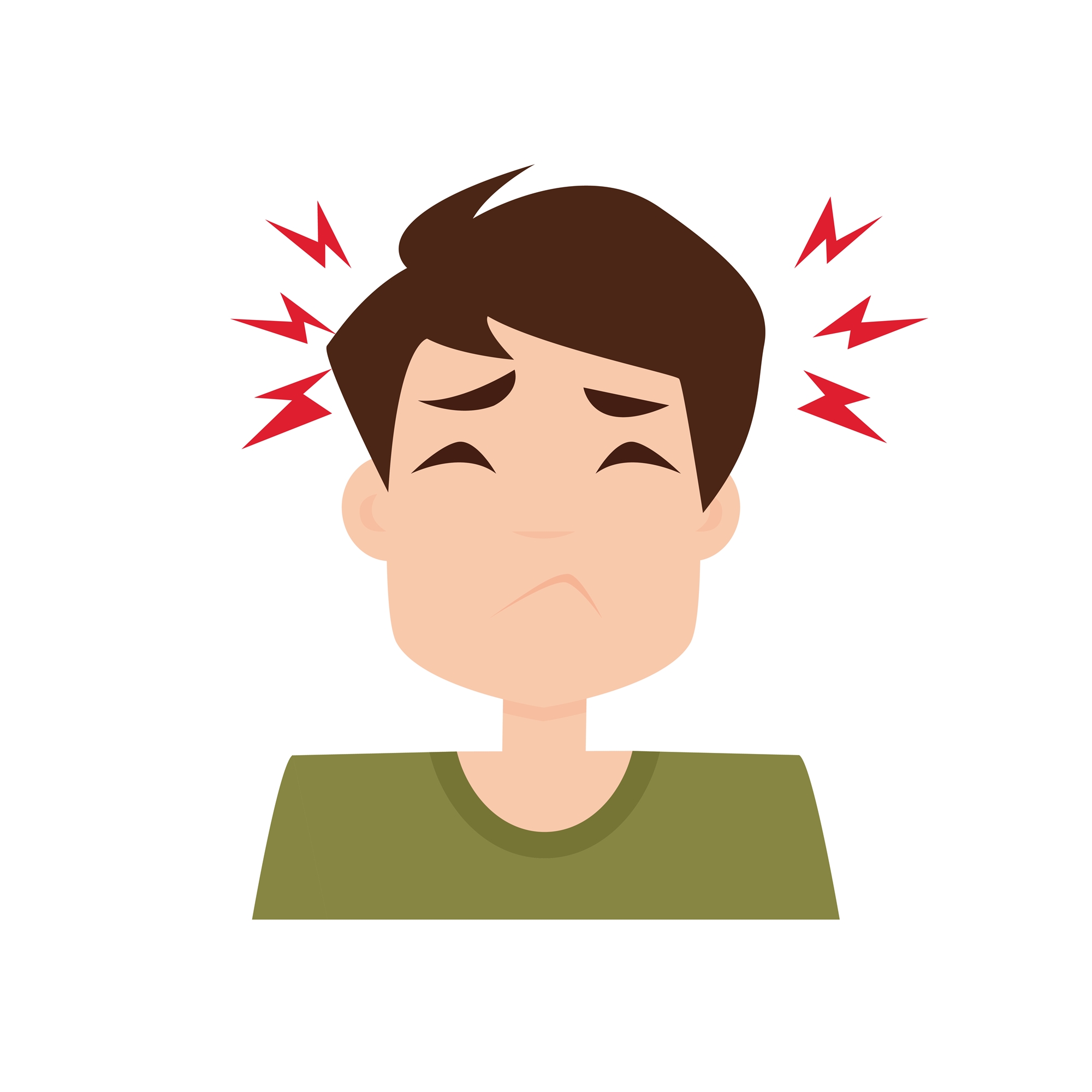 |
Common brain traumatic sequelae, which are more likely to occur as a result of insufficient rest or excessive fatigue.
|
Hegu
|
Taichong
|
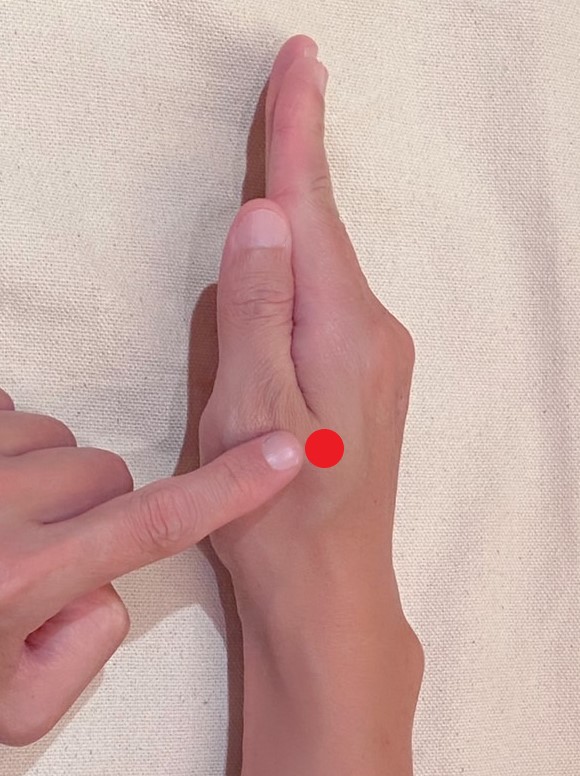 The highest point of the bulging part when the thumb and index fingers are close together.
|
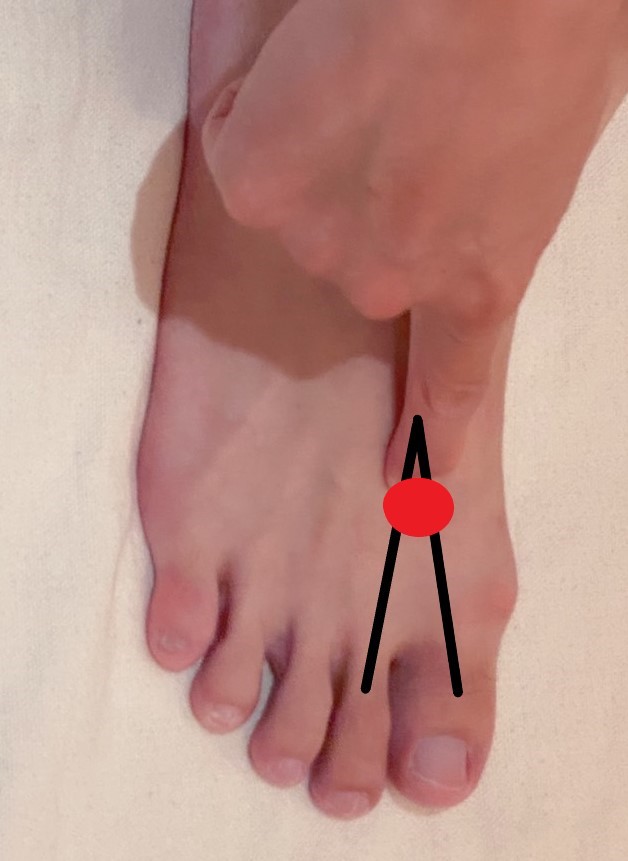 Sutura between the big toe and the index toe.
|
||
|
Depraved Appetite
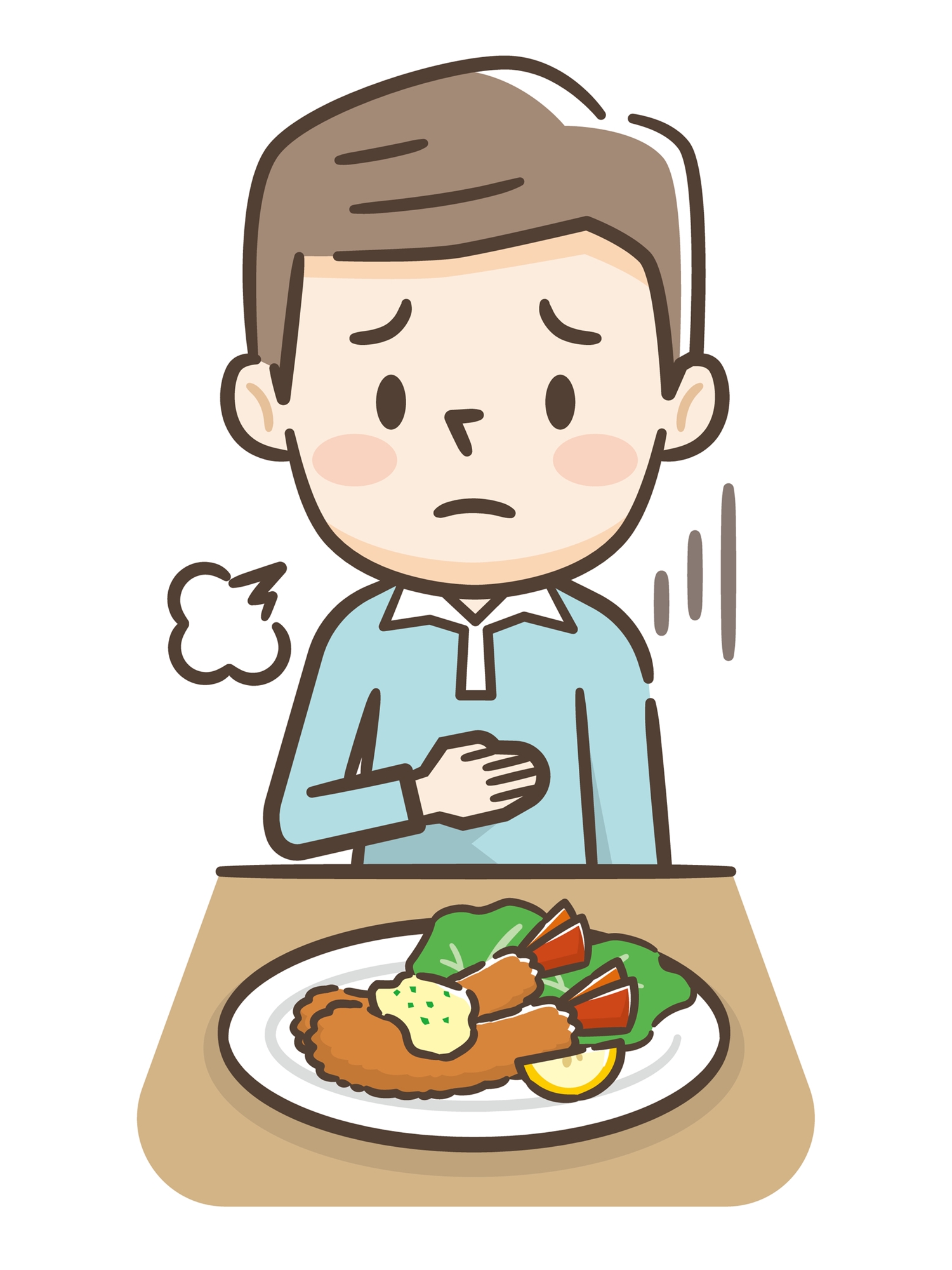 |
Brain injury could cause swallowing difficulty, loss of smell and taste, poor memory or attention, and the difficulty with diet and lack of interests.
|
Yingxiang
|
Zusanli
|
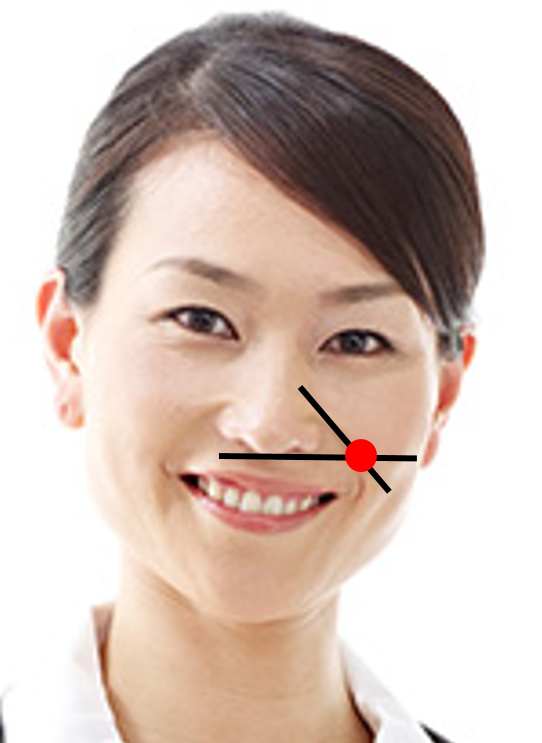 Intersection between nasolabial folds and the parallel line of alae of the nose
|
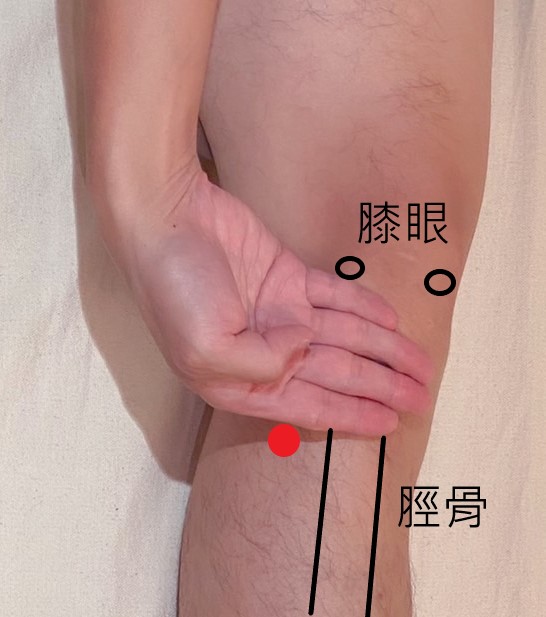 Four-index wide under the lateral geniculate nucleus and one thumb-wide next to the shank.
|
||
|
Insomnia, Anxiety
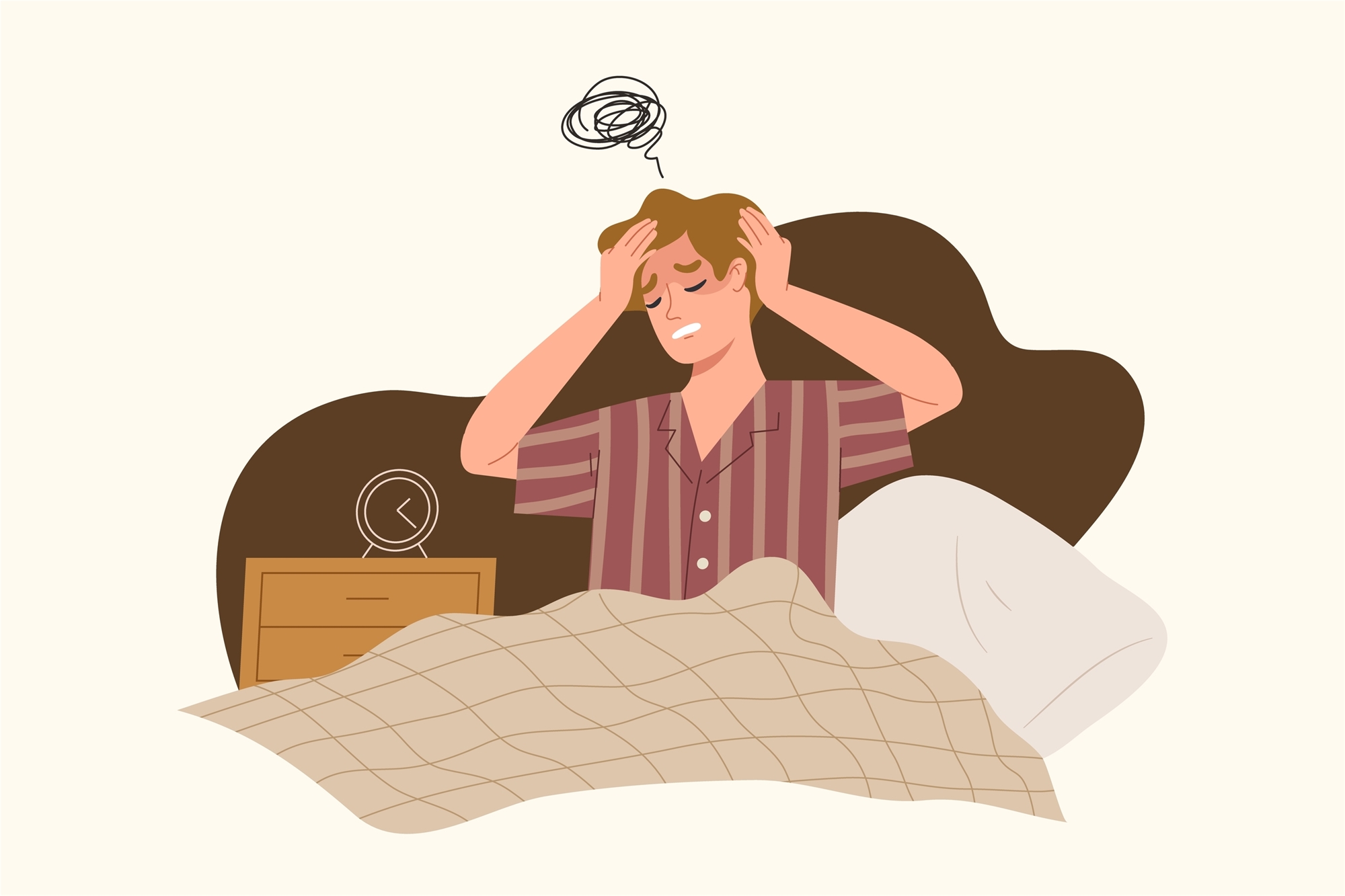 |
Brain injury could cause sleep apnea, nyctohemeral rhythm inversion, PTSD, pain…etc. All could affect the sleep quality.
|
Shenmen
|
Yintang
|
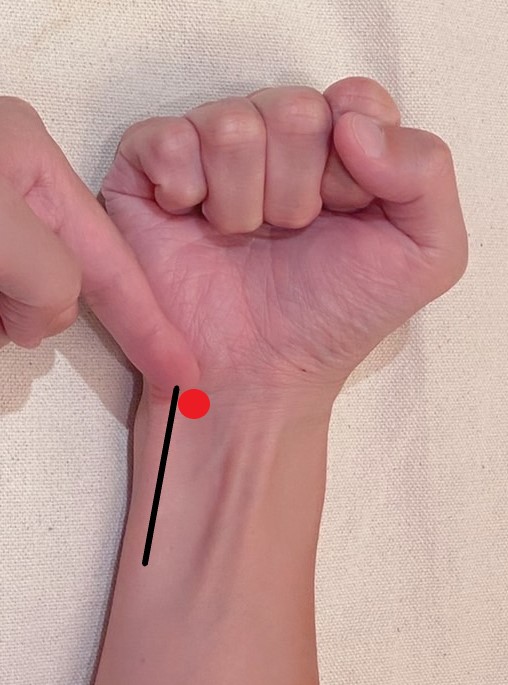 Fisting and wrist bending, inside the hand tenor of the pinky, and same height as the wrist line.
|
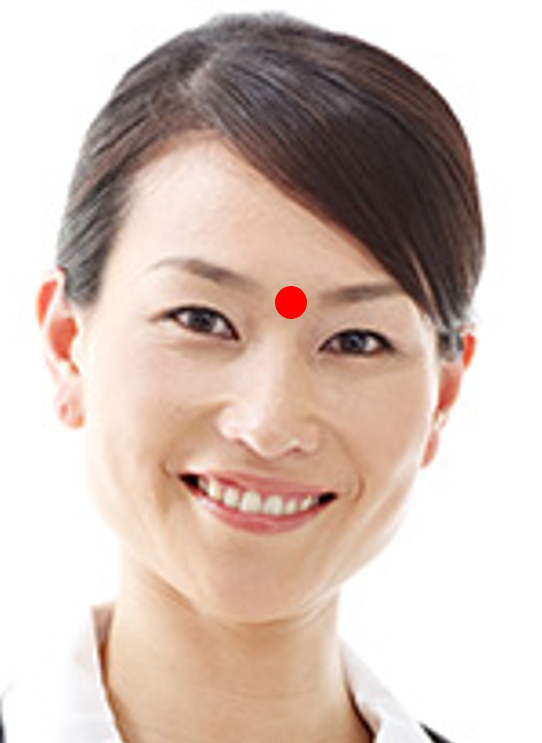 Between the eyebrows.
|
||
|
Fatigue, Lack of Energy
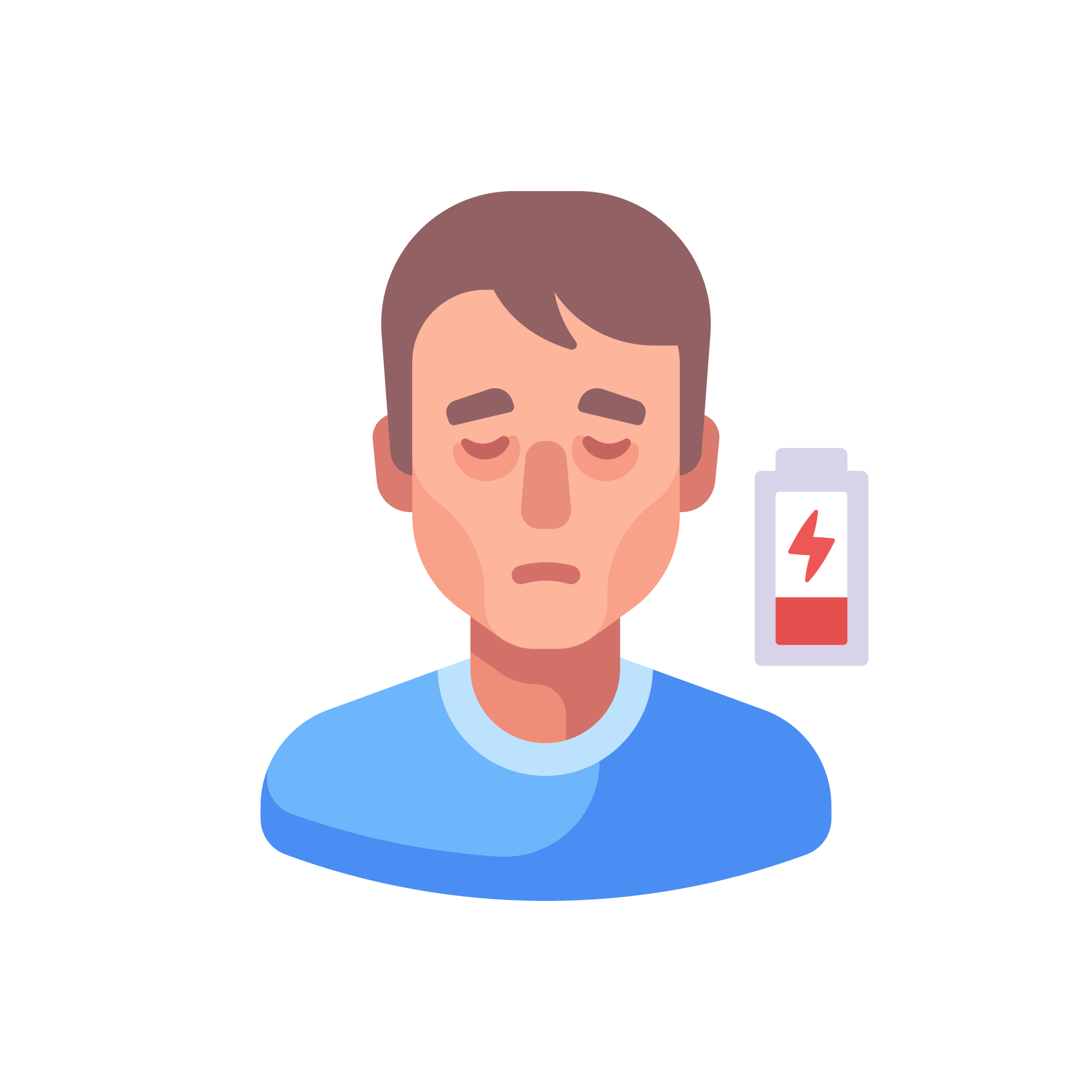 |
Brain injury affects nervous impression or hypothalamus, and awakening center, resulting in fatigue and lack of energy.
|
Baihui
|
Philtrum
|
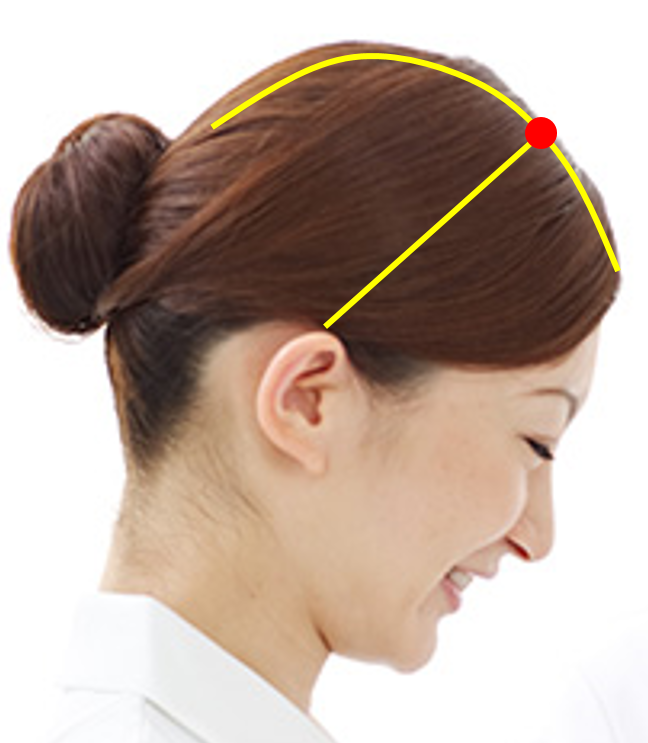 Straight from the tip of the year to the central line of the head, intersected on the top of the hear, and there be a dent when pressed.
|
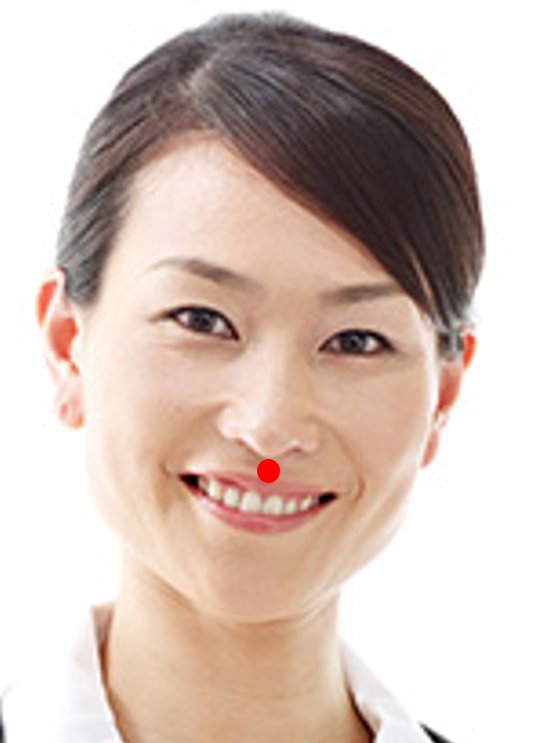 The center point between the nose and labial fold.
Press gently.
|
||


